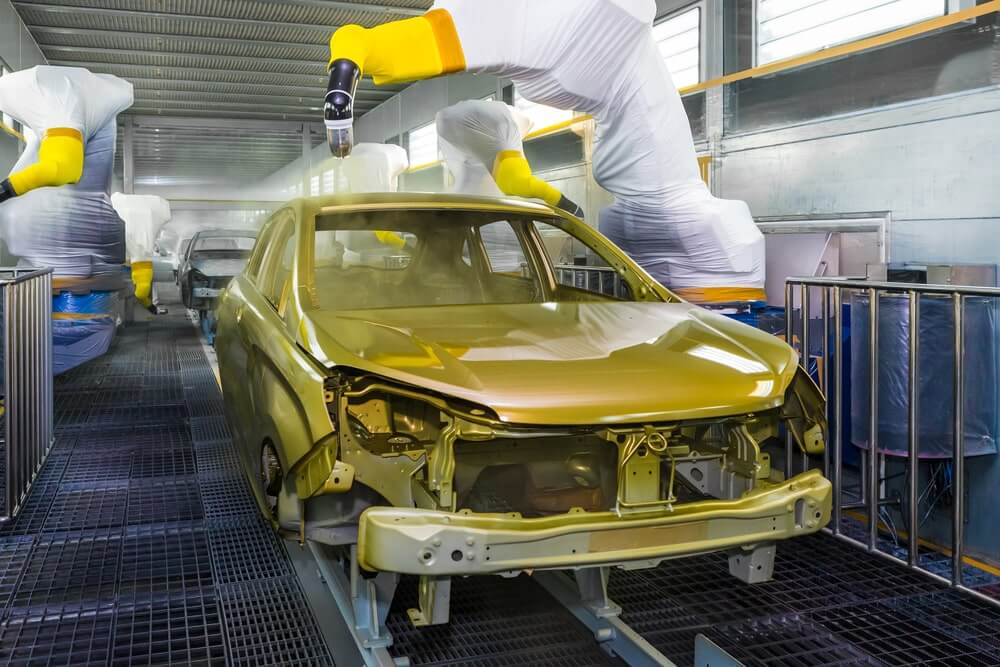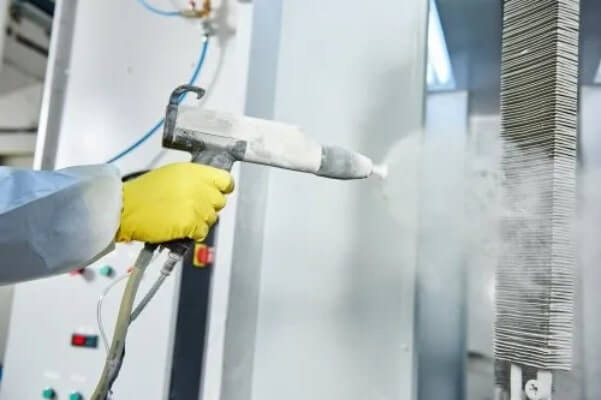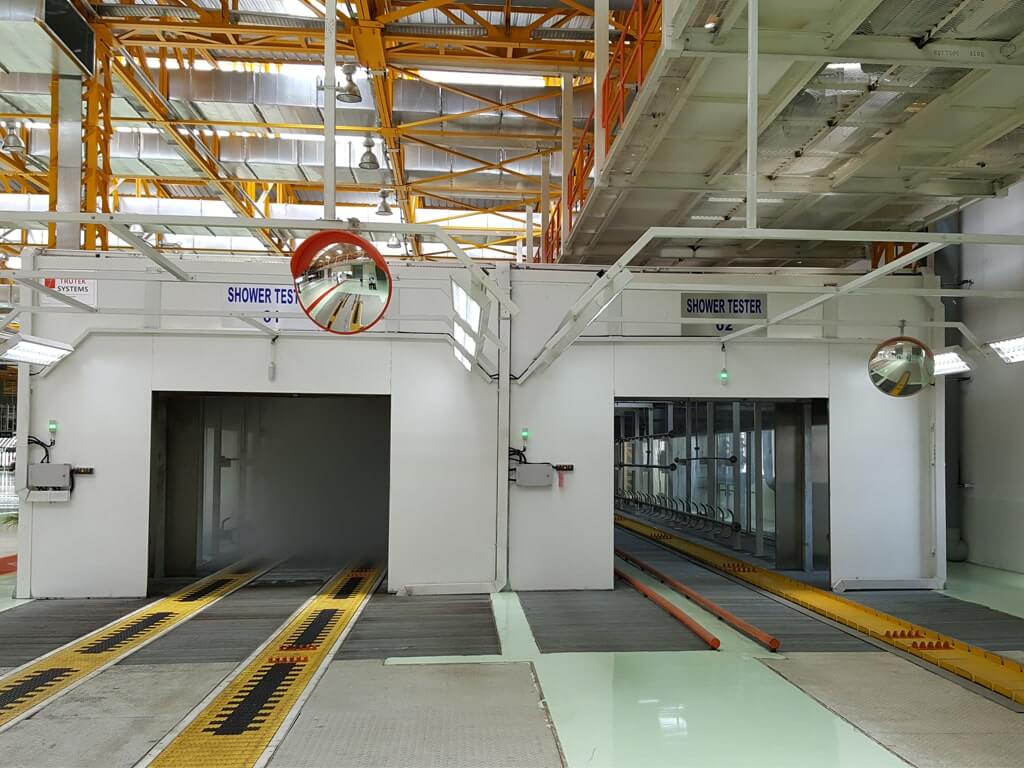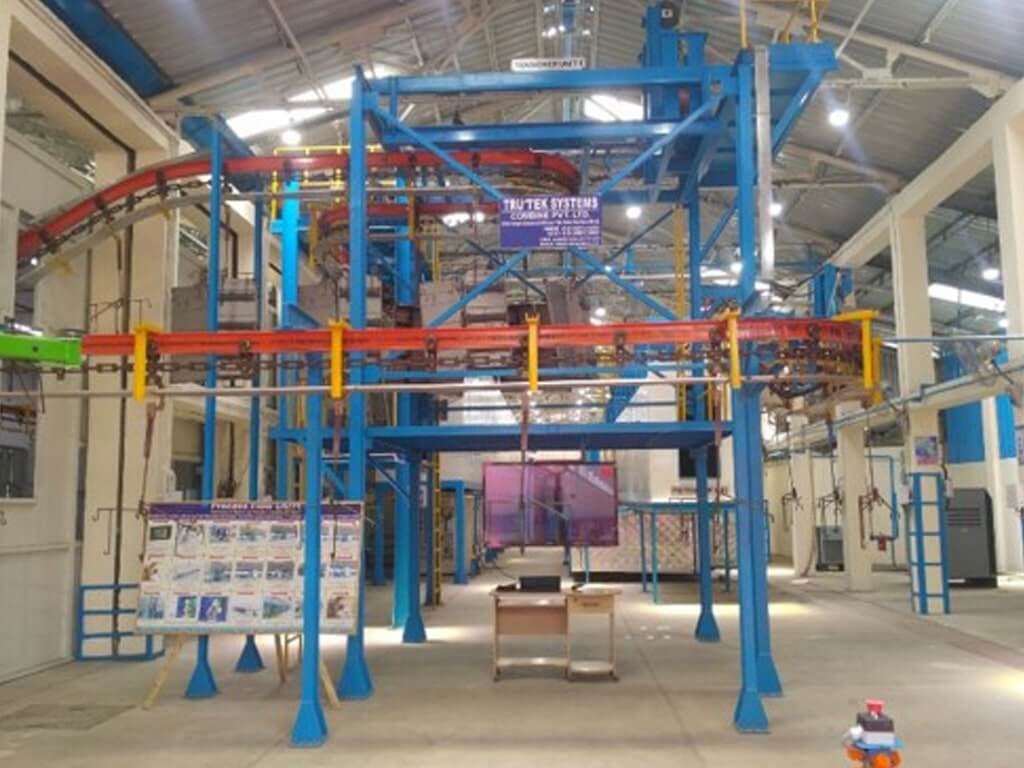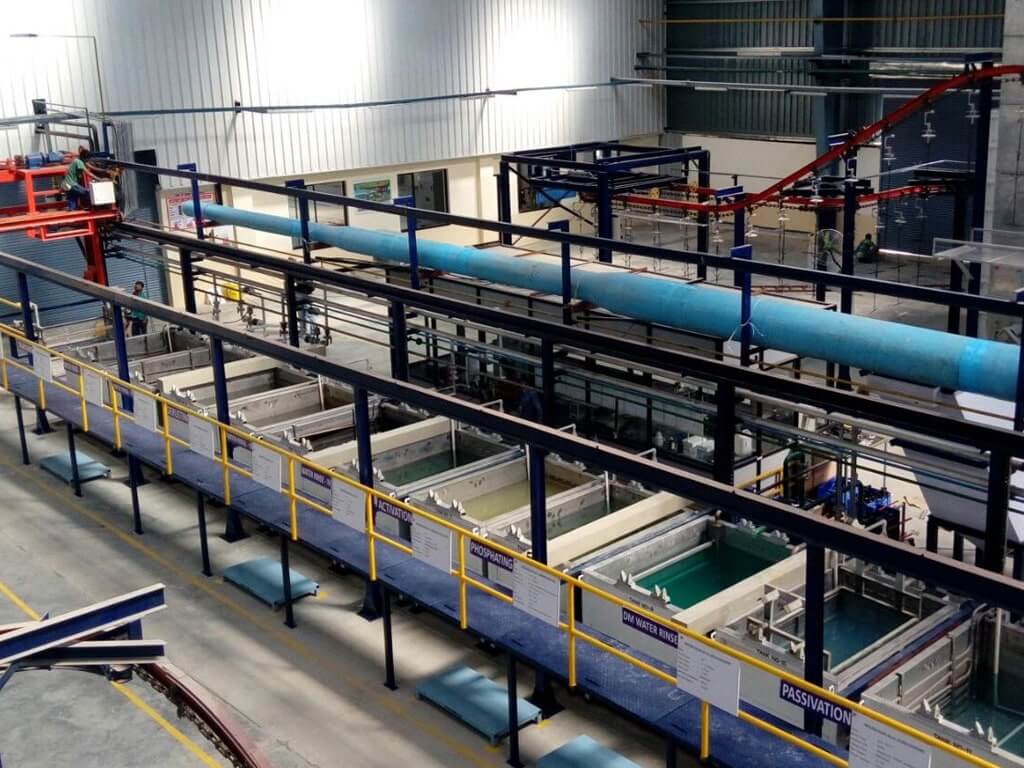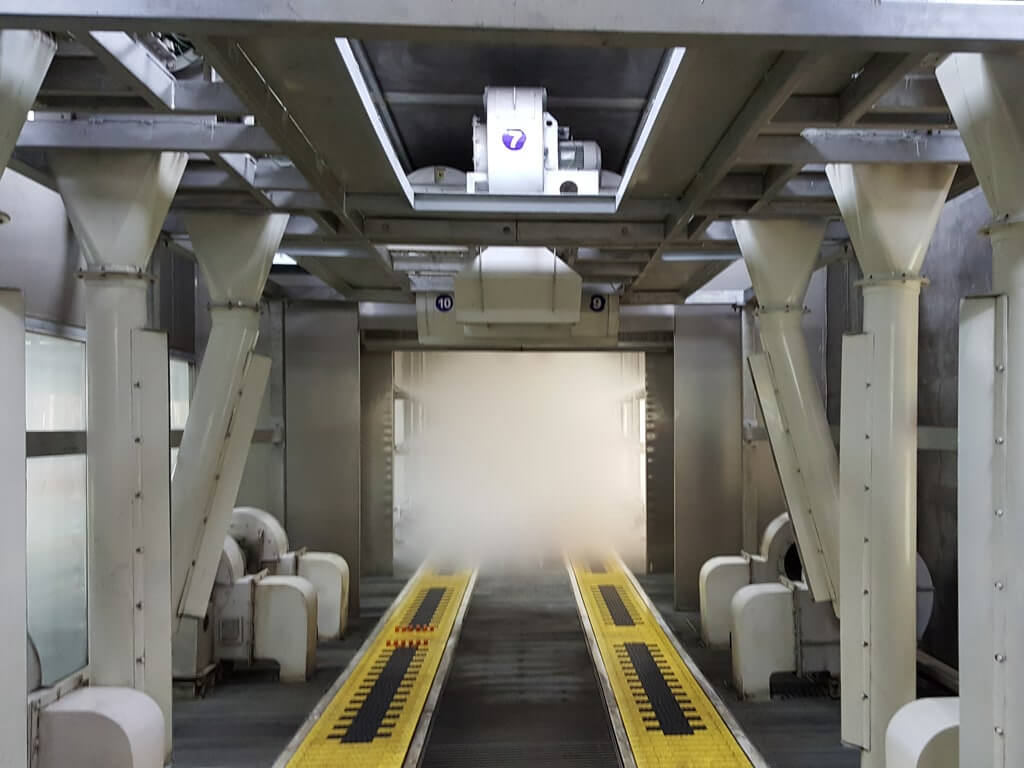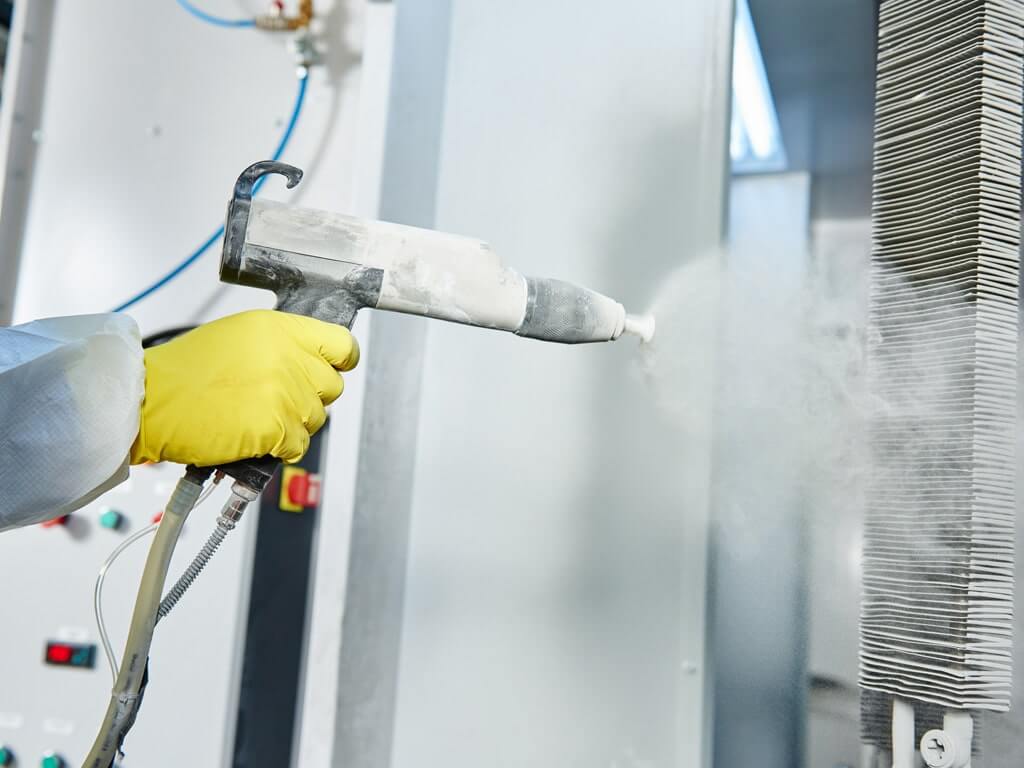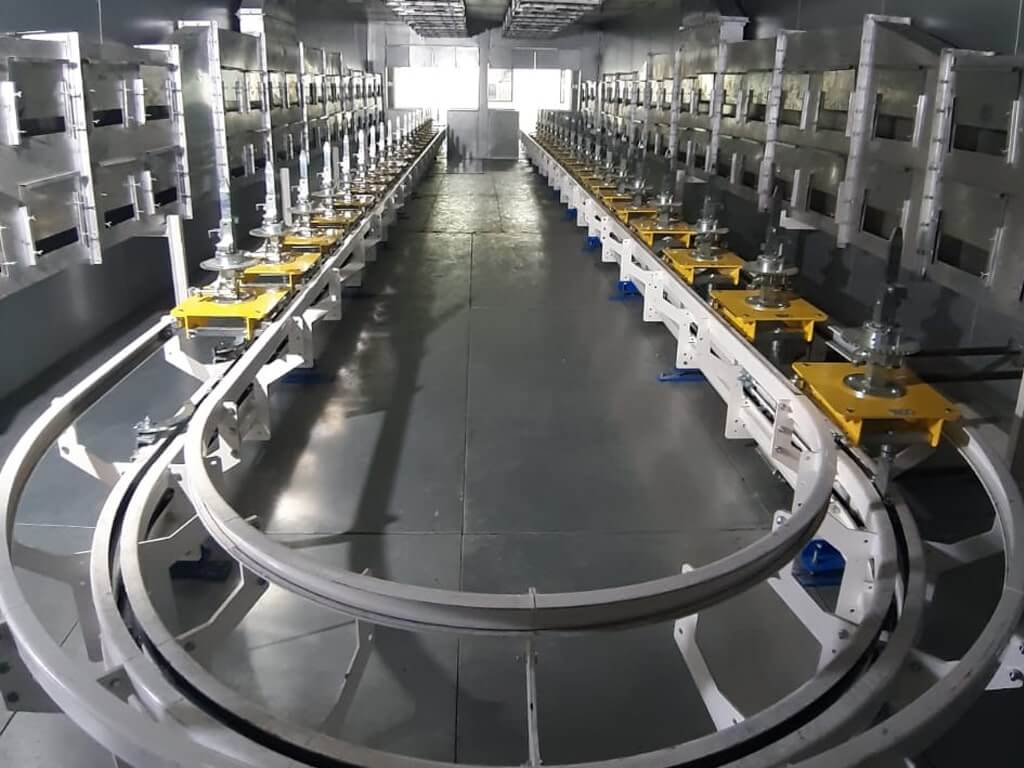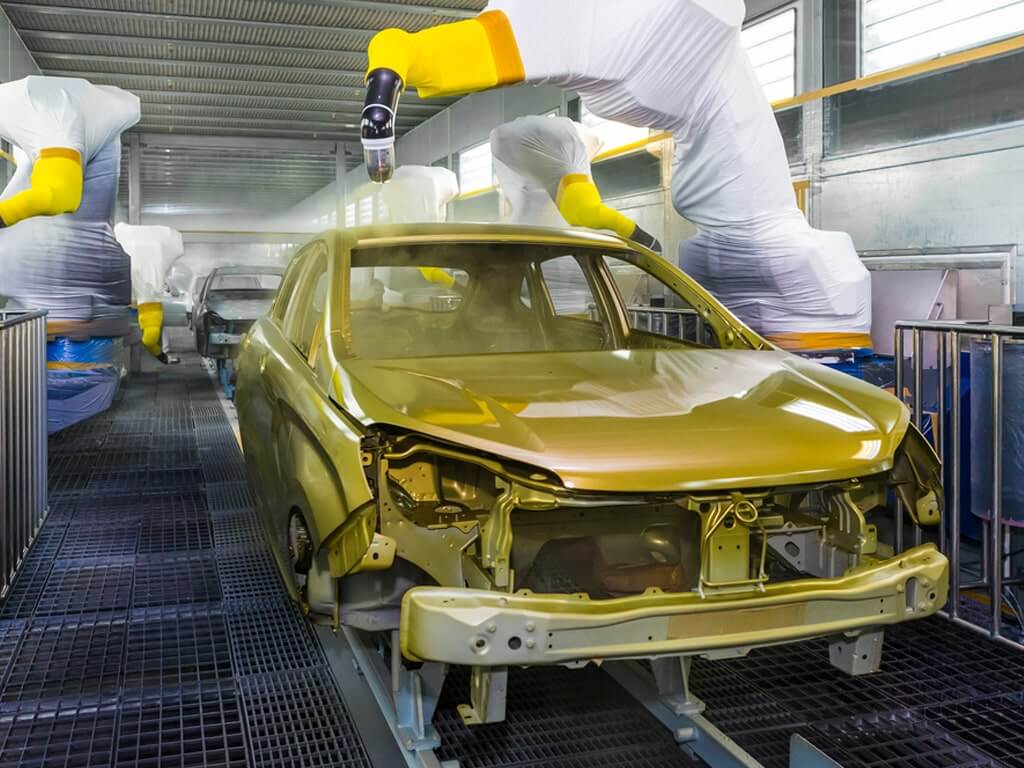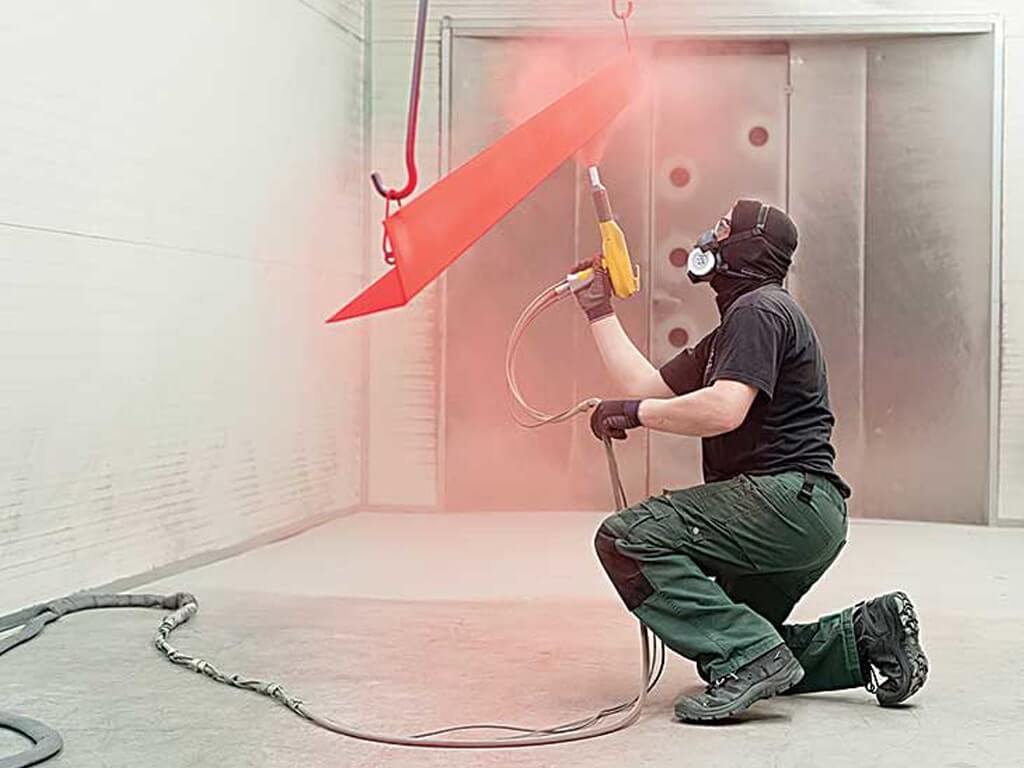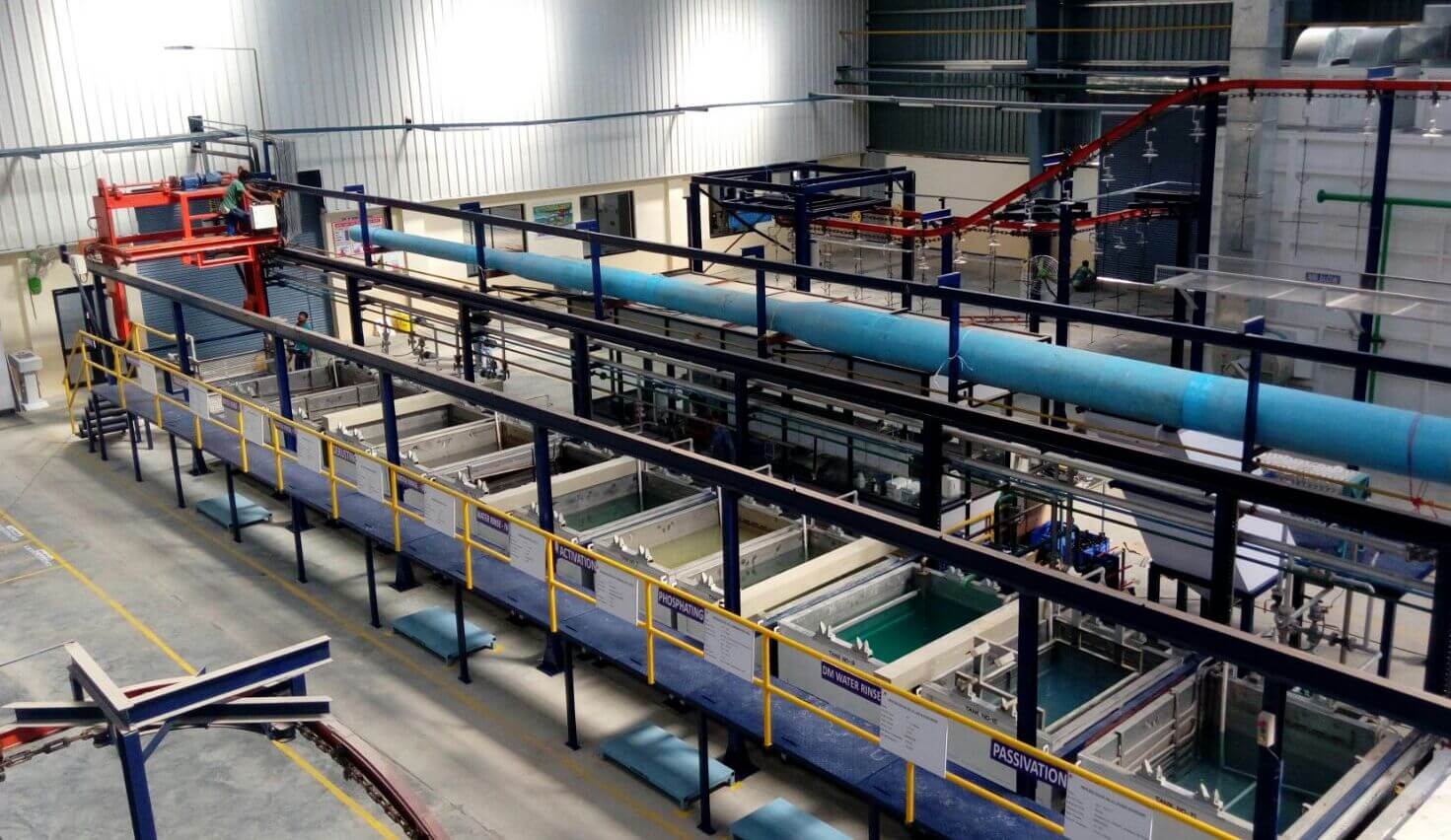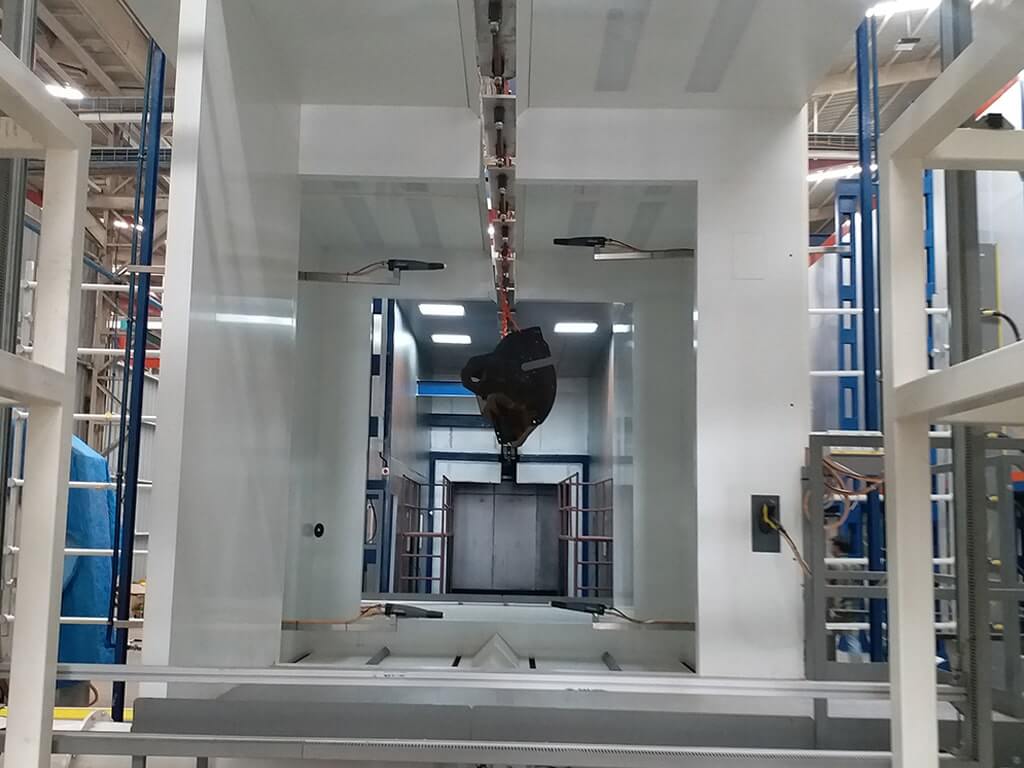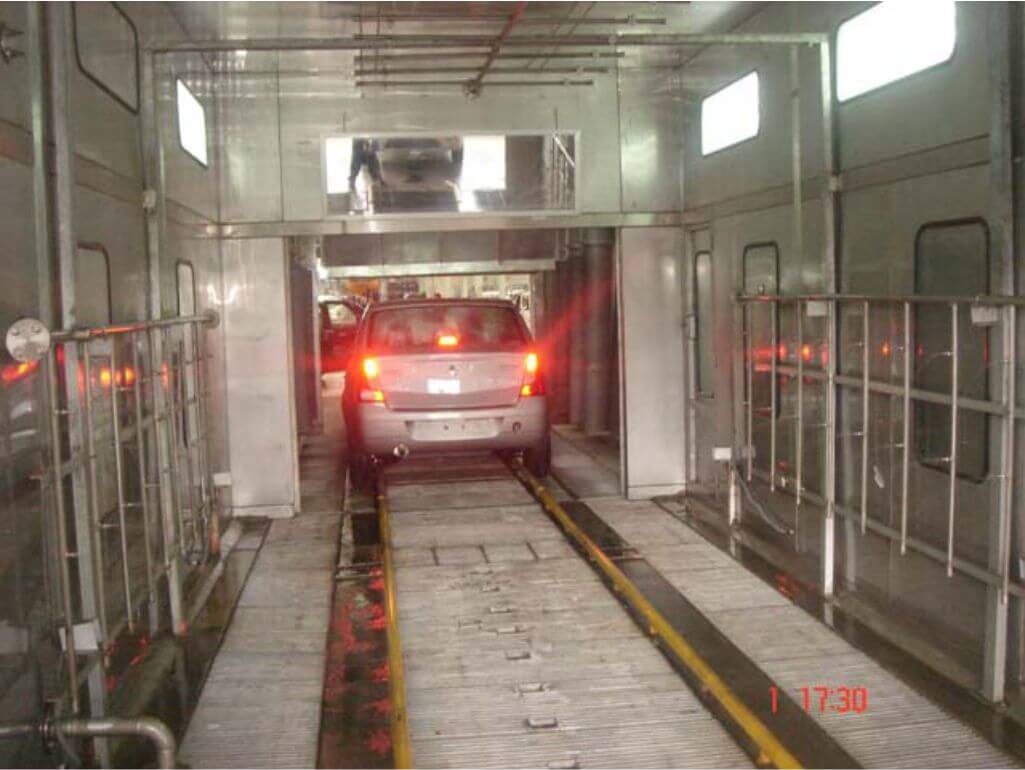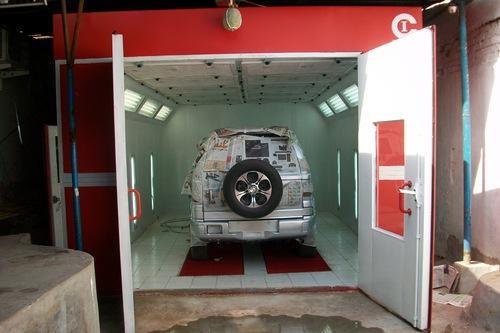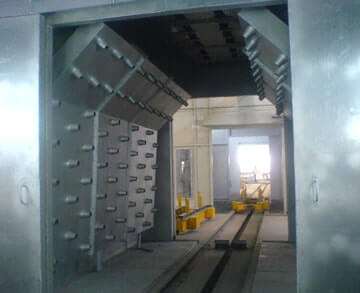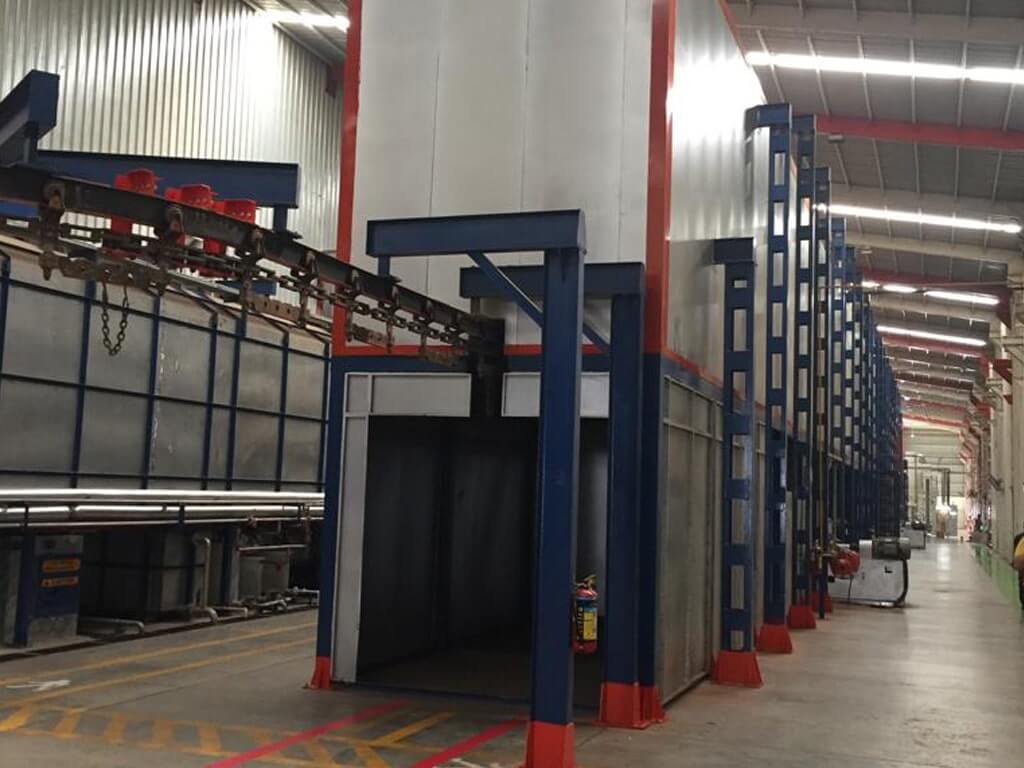
How to Select the Best Industrial Oven for Your Business
An industrial oven is required for a wide range of manufacturing processes, and the products
processed in these ovens come in a variety of shapes, sizes, materials, and different phases of
processing. These ovens allow for the rapid and effective application of protective coatings or
paints, and changes to the physical, chemical, or even biological aspects of materials.Industrial ovens generate high temperatures and are employed mostly in testing and manufacturing environments for heat treatment, drying, curing, coating, and sterilizing.
Key Considerations while selecting an industrial oven system
Choosing the right industrial oven for your application is crucial to ensure efficient and effective
operation. Here are some key factors to consider when selecting an industrial oven:Temperature Range: Temperature control is crucial when using industrial ovens. Industrial
ovens can typically reach temperatures ranging from ambient to extremely high temperatures,
depending on the specific model and design. If certain heating conditions can't be maintained,
parts may work poorly or, fail entirely.Heating Method: There are various heating methods used in industrial ovens, such as convection, radiant, infrared, and induction. Select the heating method that best suits your application requirements, considering heating uniformity and energy efficiency.
Size and Capacity: Consider the size and capacity of the oven, ensuring it can accommodate
your product or workload. Evaluate the internal dimensions, rack space, and the number of
shelves or trays the oven can hold.Airflow and Uniformity: Assess the airflow design of the oven. Performance factors like heat-up times and temperature uniformity are impacted by airflow in an oven. Vertical, horizontal, or both together are possible airflow patterns. The design and implementation of airflow are affected by the texture, shape, and kind of the heated material. The uniform temperature distribution is also essential to ensure consistent heating throughout the chamber. Features like forced convection or recirculating airflow systems are helpful for better uniformity.
Control and Monitoring: Check the control and monitoring features provided by the oven. Look for user-friendly interfaces, programmable controllers, and the ability to set and adjust temperature, time, and other parameters. Remote monitoring and data logging capabilities can also be beneficial.
Safety Features: Ensure the oven has adequate safety features to protect operators and the product. Features like over-temperature protection, emergency stop buttons, alarms, and proper
insulation can enhance safety.Material Compatibility: Consider the type of materials your oven will be exposed to. Some applications may require specific materials like stainless steel or corrosion-resistant coatings to
withstand chemical exposure or high temperatures.Energy Efficiency: Evaluate the energy efficiency of the oven to minimize operational costs. Features like insulated walls, high-quality seals, and efficient heating elements reduce heat loss
and optimize energy consumption.Controls: Another factor to consider is controls, which guarantee that processes can be easily
managed and observed. It is important to take into account features such as a user-friendly touchscreen interface, control from a PC, smartphone, or tablet, data collecting, trend graphs,
maintenance alerts, and user security.Compliance and Certifications: Ensure the oven meets relevant industry standards, regulations,
and certifications, depending on your specific requirements.Budget Considerations: Set a budget for your oven purchase and consider the long-term return
on investment. Balance the features, quality, and price to select an oven that meets your requirements while staying within your budget.Application-Specific Requirements: Identify any unique or specific requirements for your application, such as inert atmosphere, vacuum capability, or explosion-proof construction. Ensure the oven you choose can accommodate these needs.
By considering these factors and thoroughly researching the available options, you can choose
the right industrial oven that aligns with your application requirements, ensuring optimal performance, safety, and productivity.Industrial Oven Systems by Trutek
Trutek Systems is an expert in providing turnkey projects in surface finishing and water leak test
systems to top Indian and international auto OEMs and general engineering industries.Trutek produces high-performance ovens with temperature specifications of up to 300 degrees
Celsius. Our ovens are safe and help to maximize energy efficiency while minimizing cost. Our
ovens are perfect for all thicknesses of curing materials. All ovens are equipped with a temperature controller and an interlock for further safety.Contact us for more information.

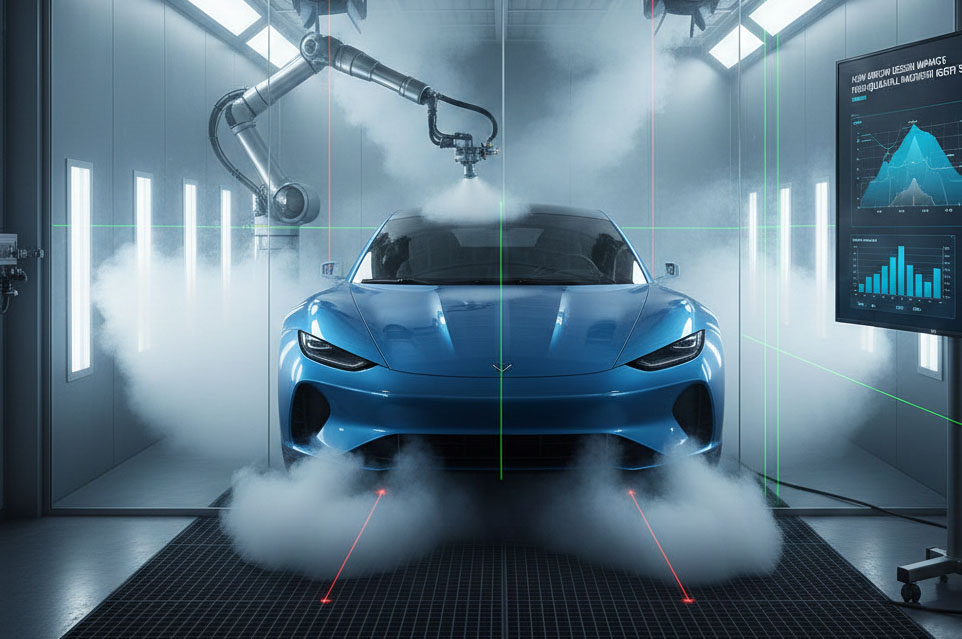
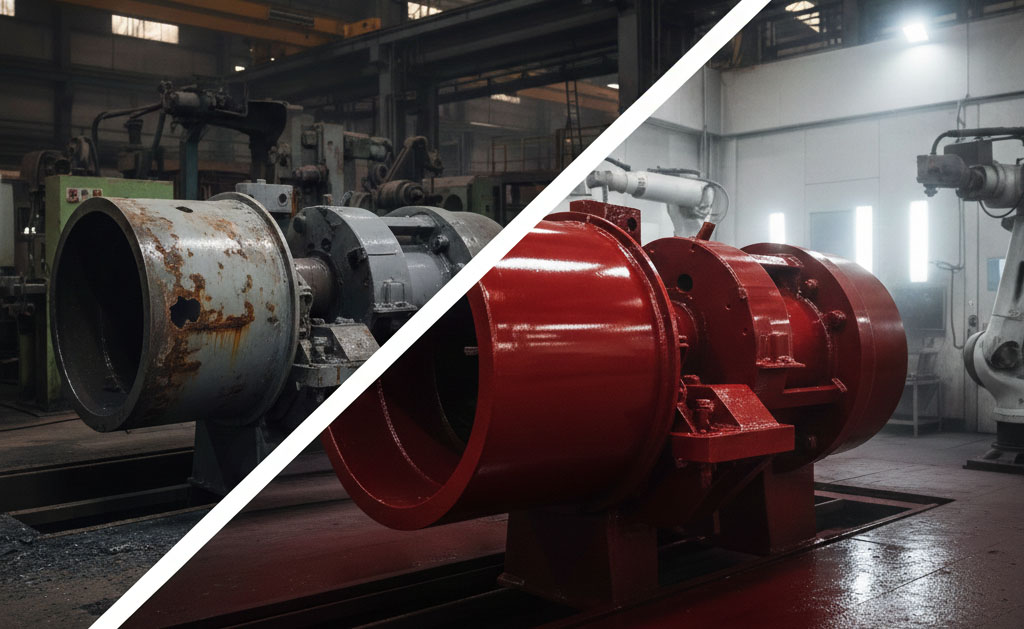
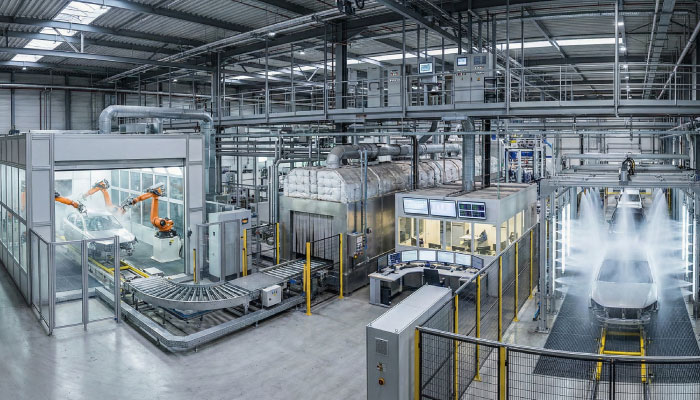
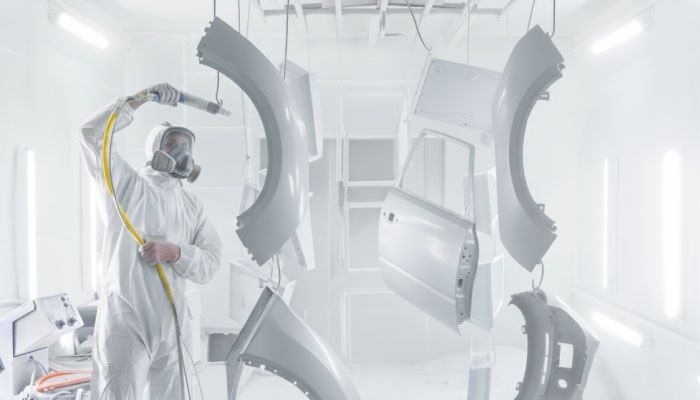
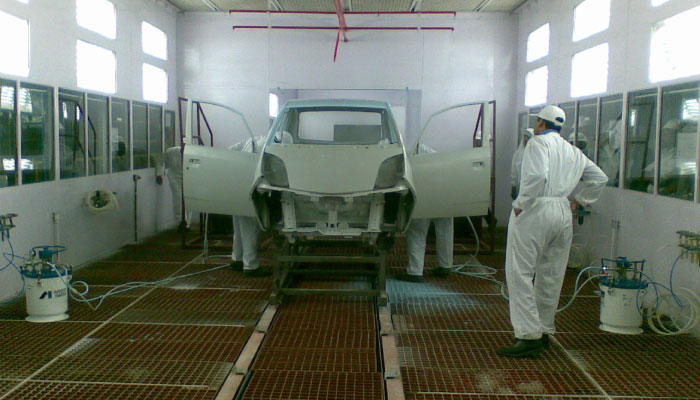
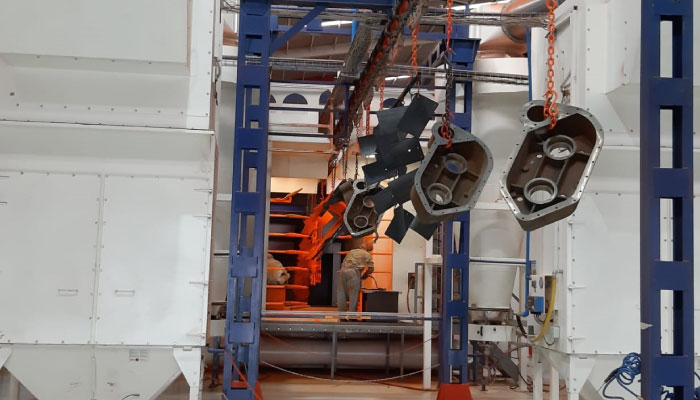
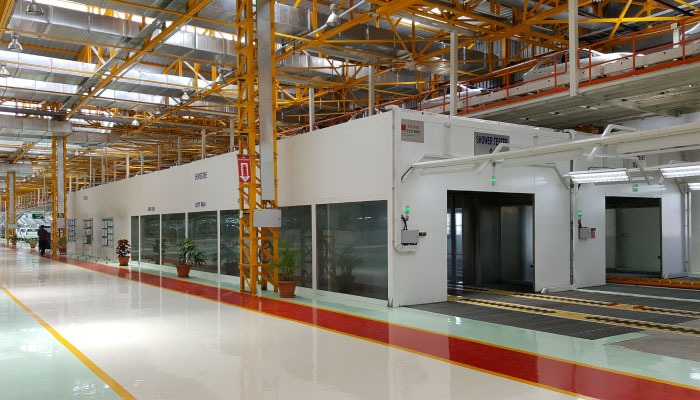
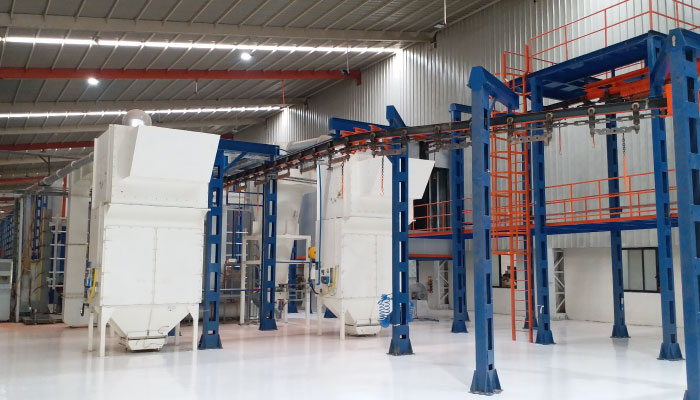
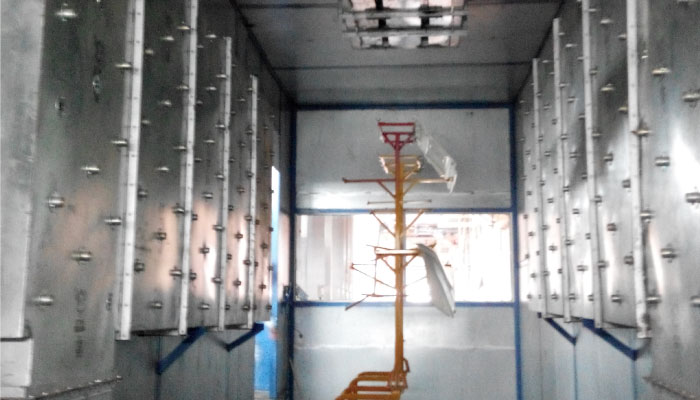
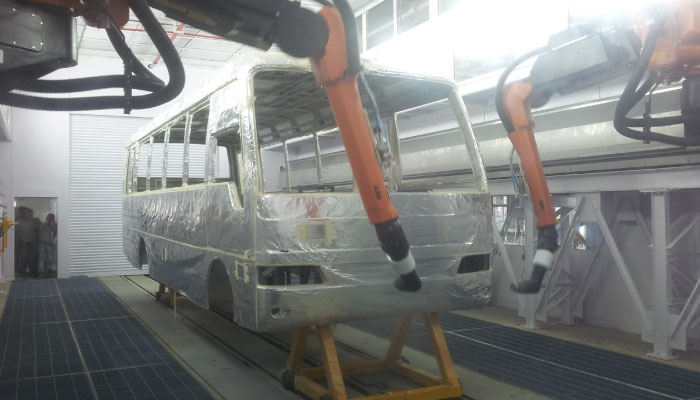
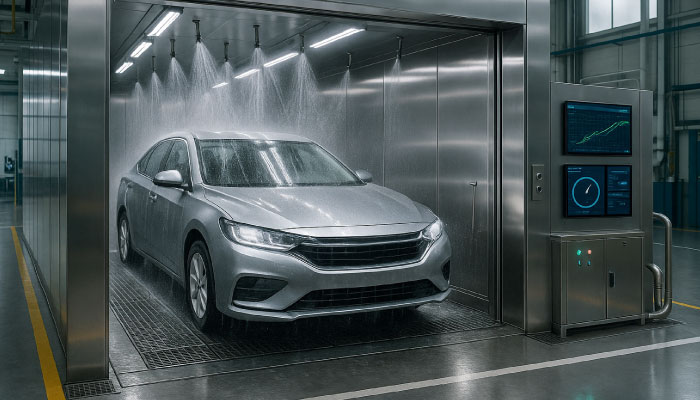
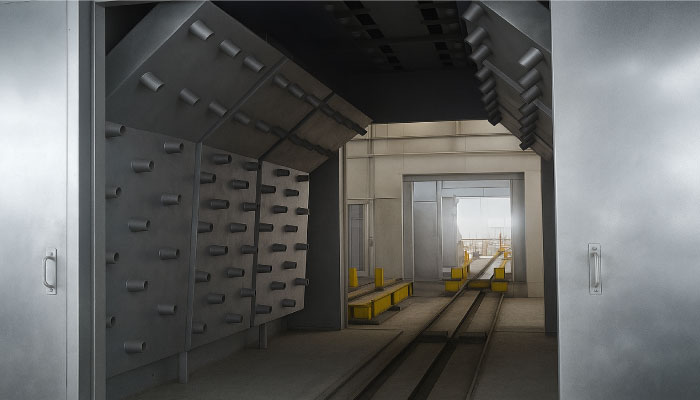
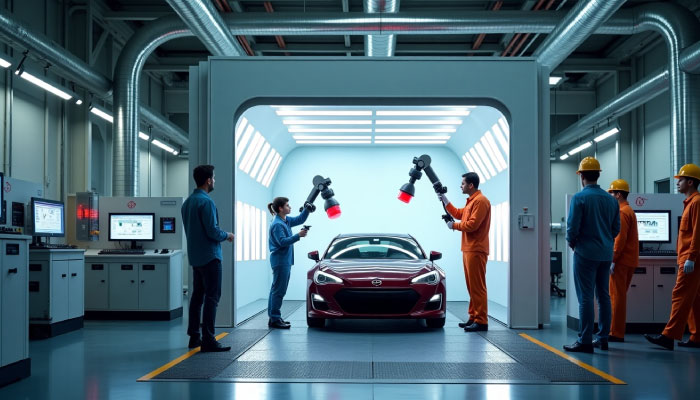
.jpg)
.jpg)

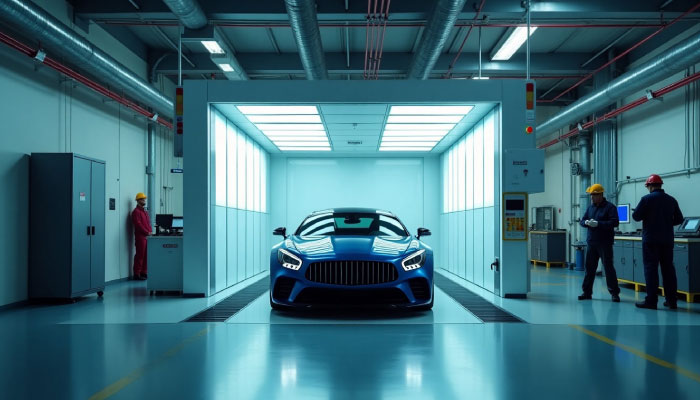
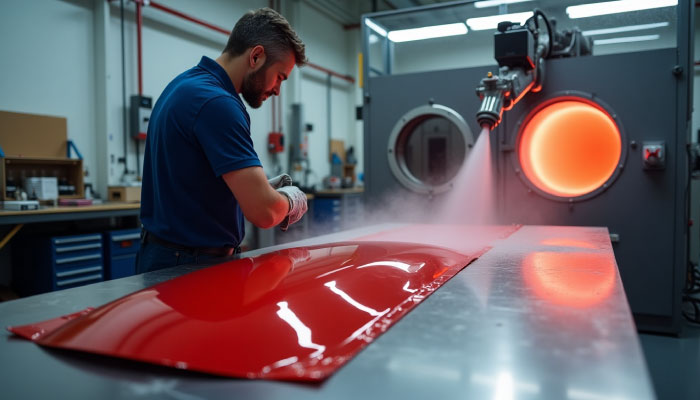

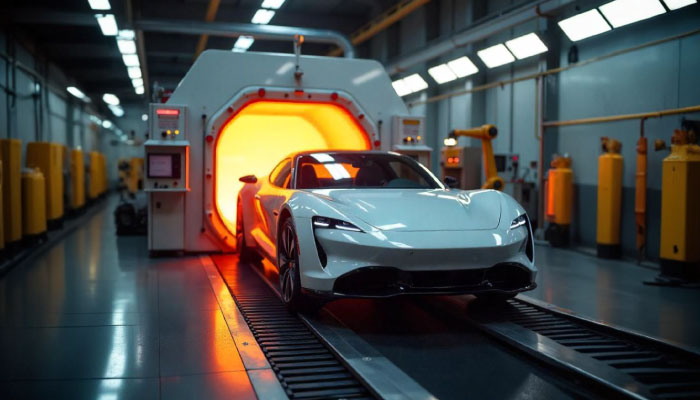
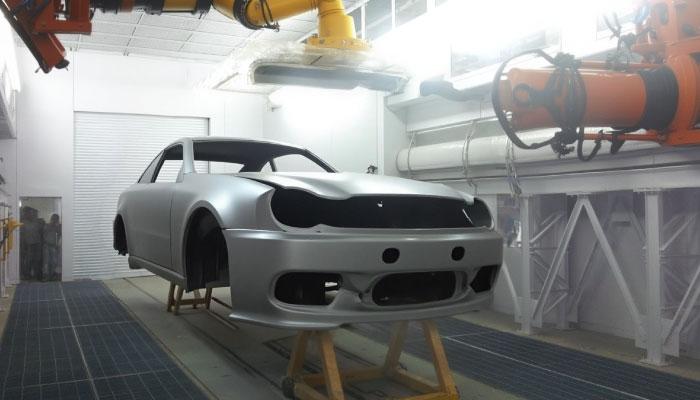
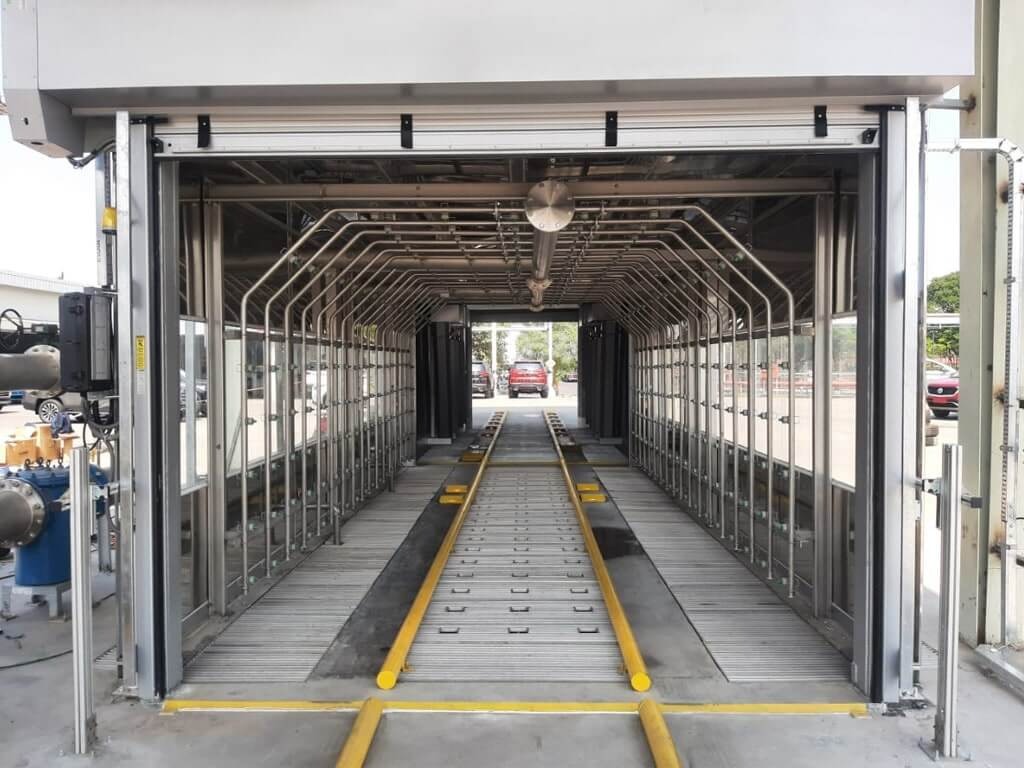
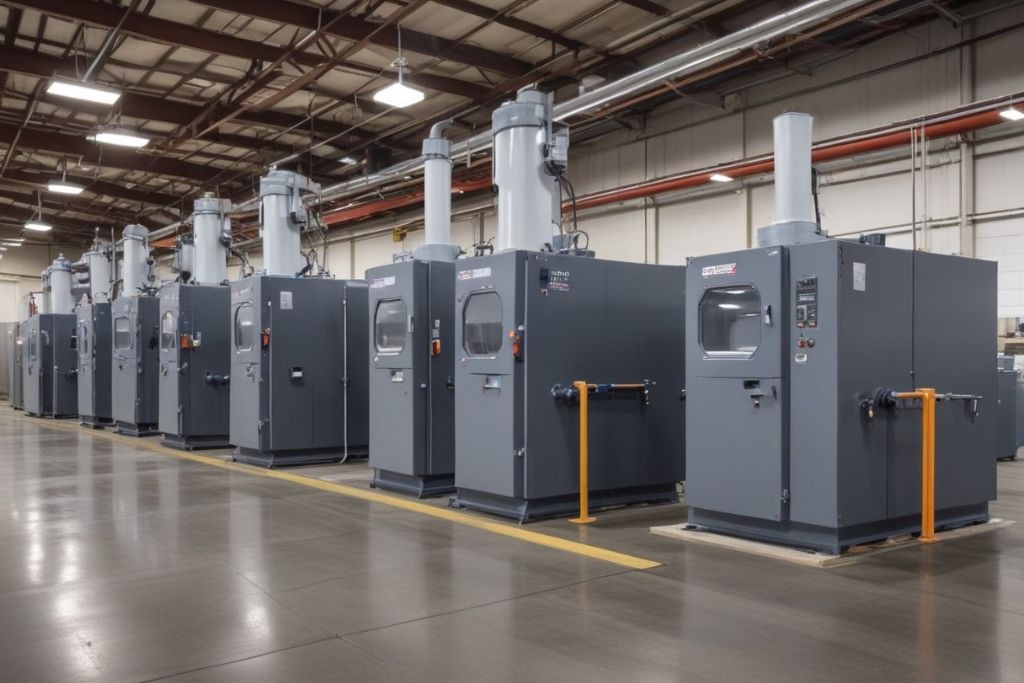
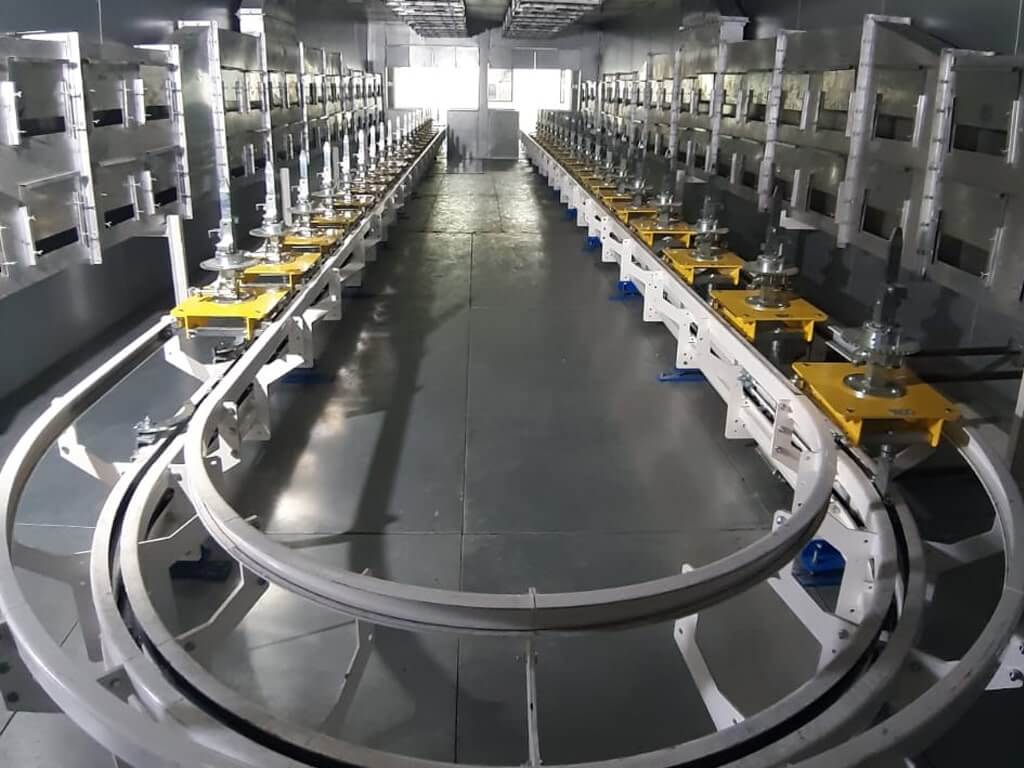
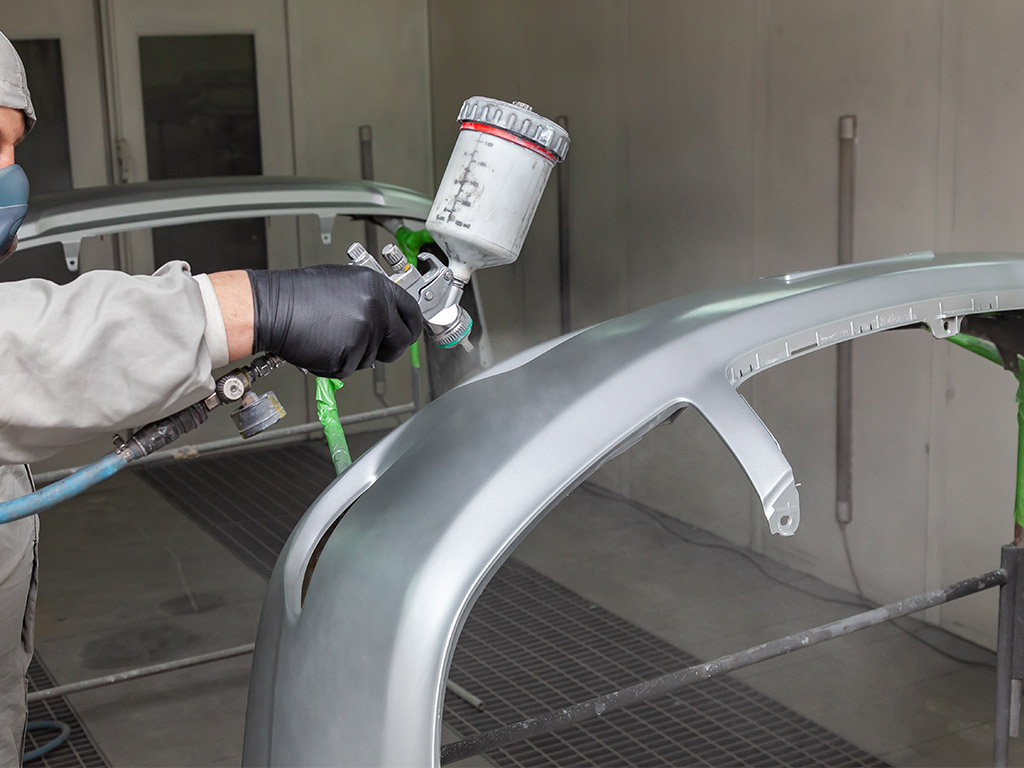
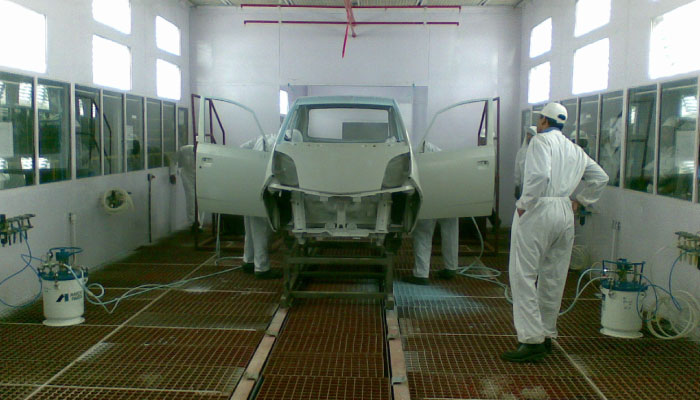
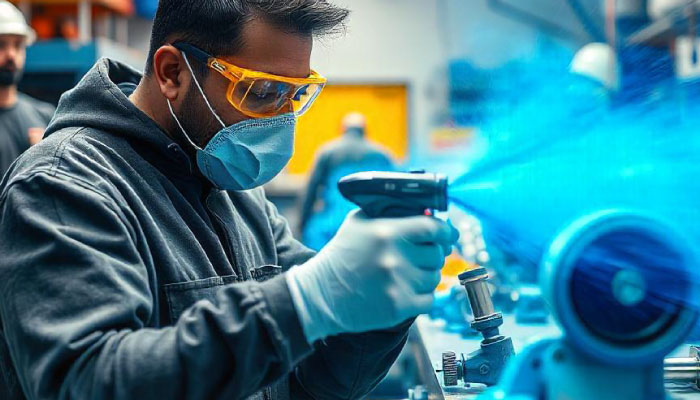
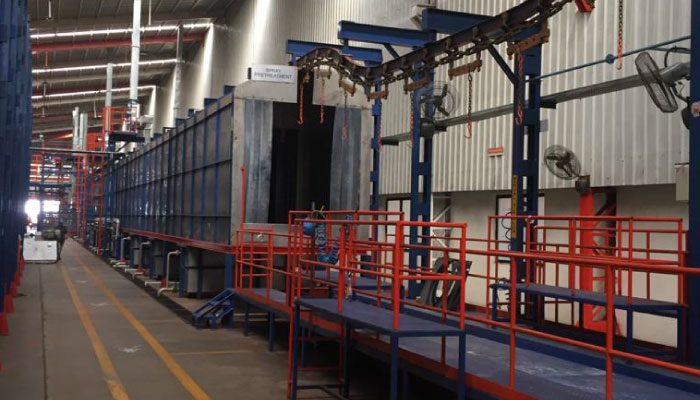
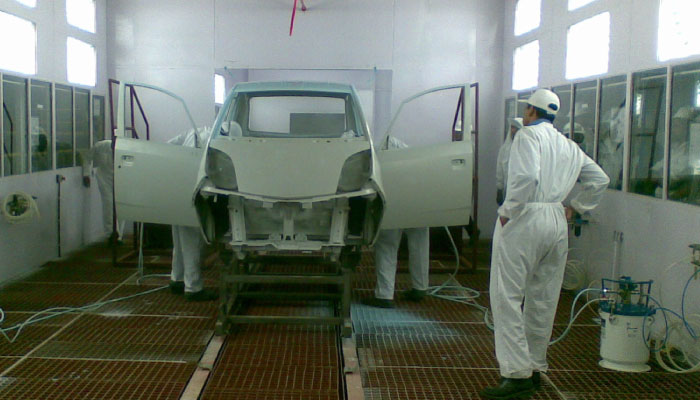
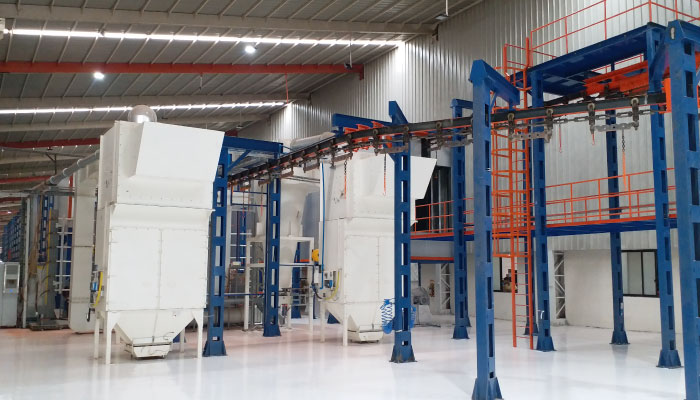
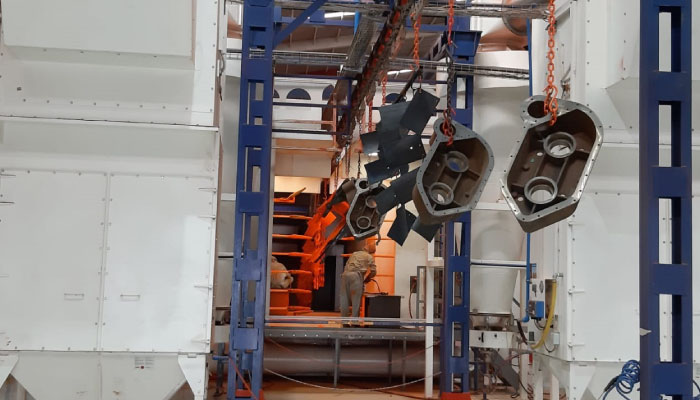
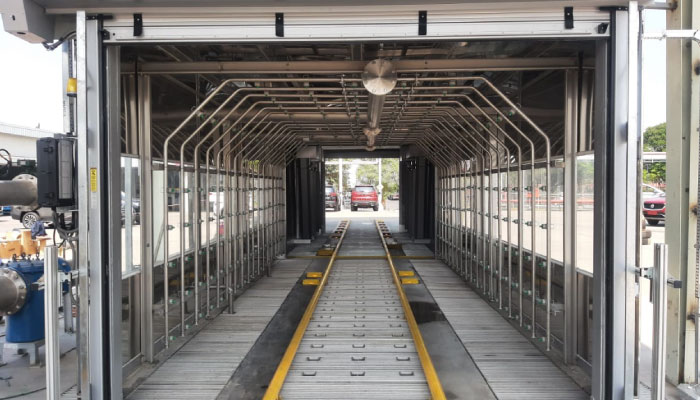
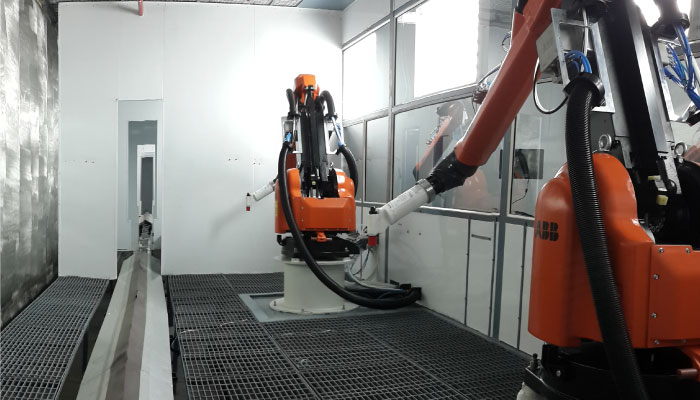
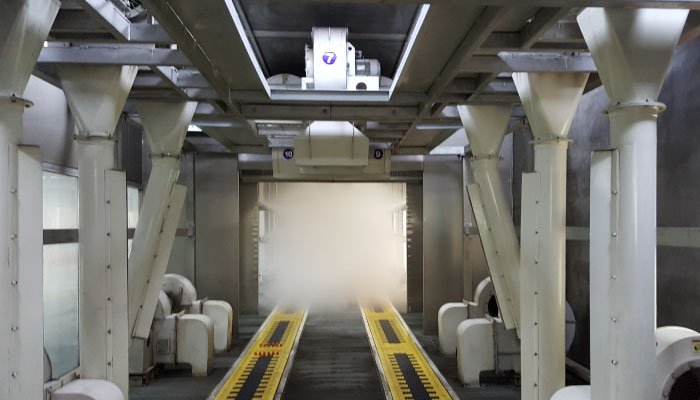
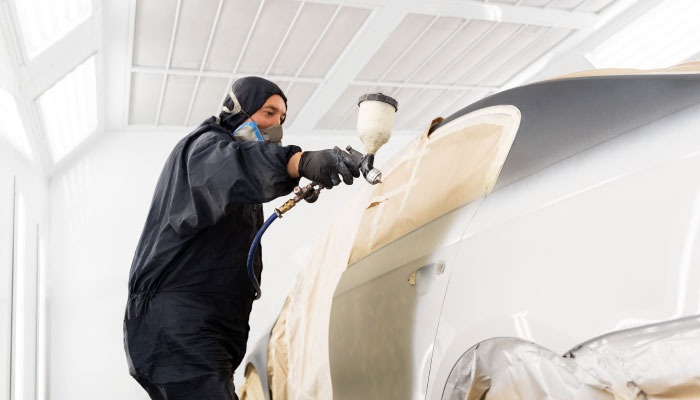

.png)
.png)
.jpg)
.png)
.jpg)
.jpg)
.jpg)
.jpg)
.jpg)
.jpg)
.jpg)
.jpg)
.jpg)
.jpg)
.jpg)
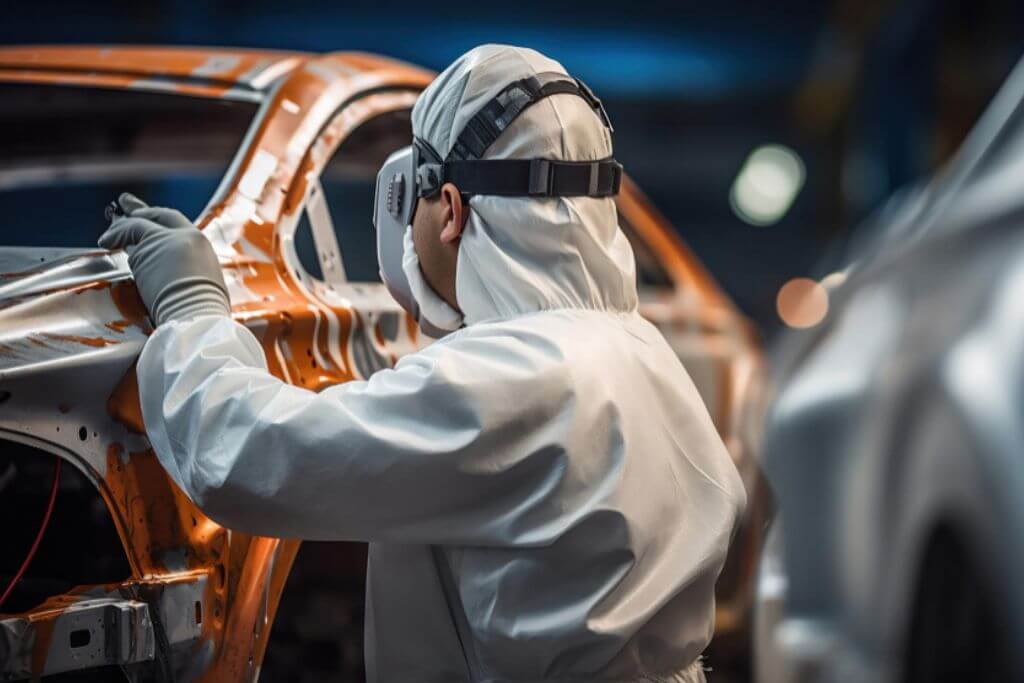
hh.jpg)
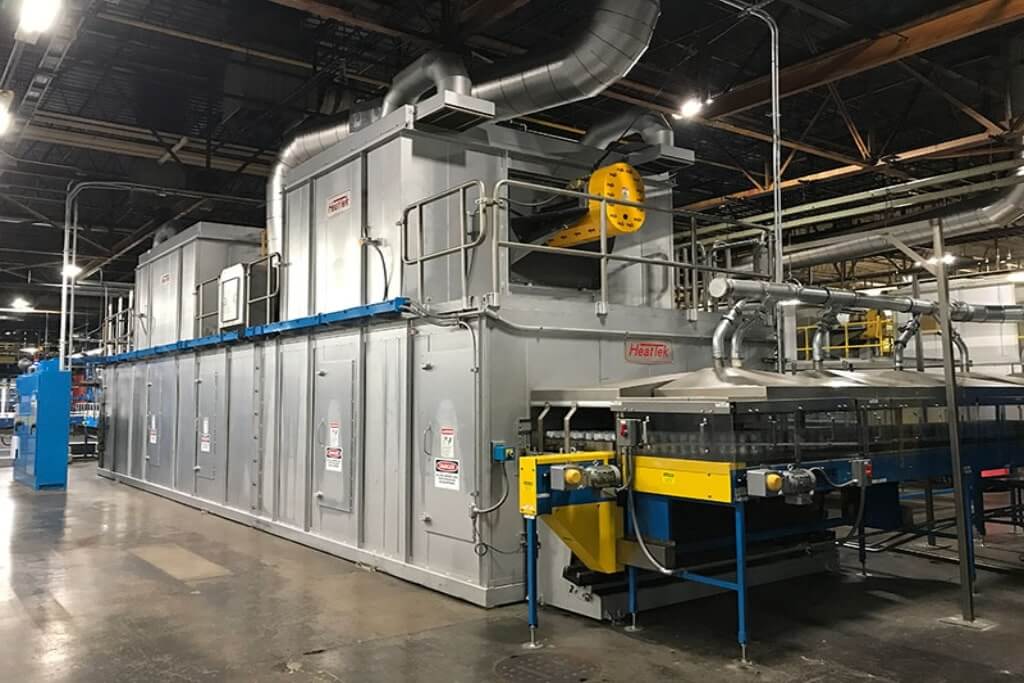
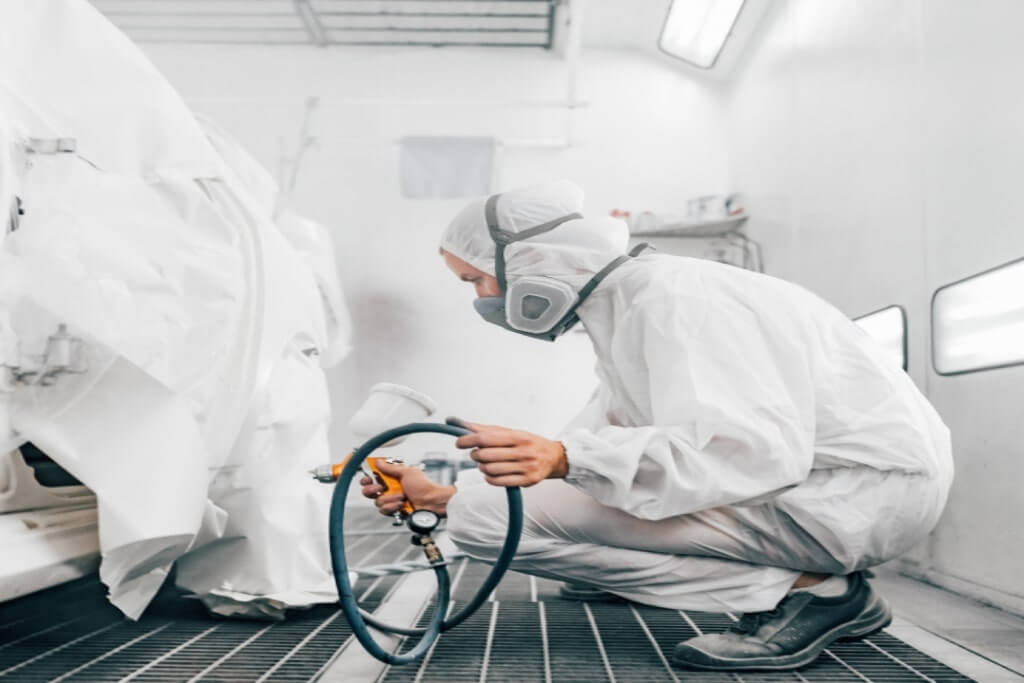
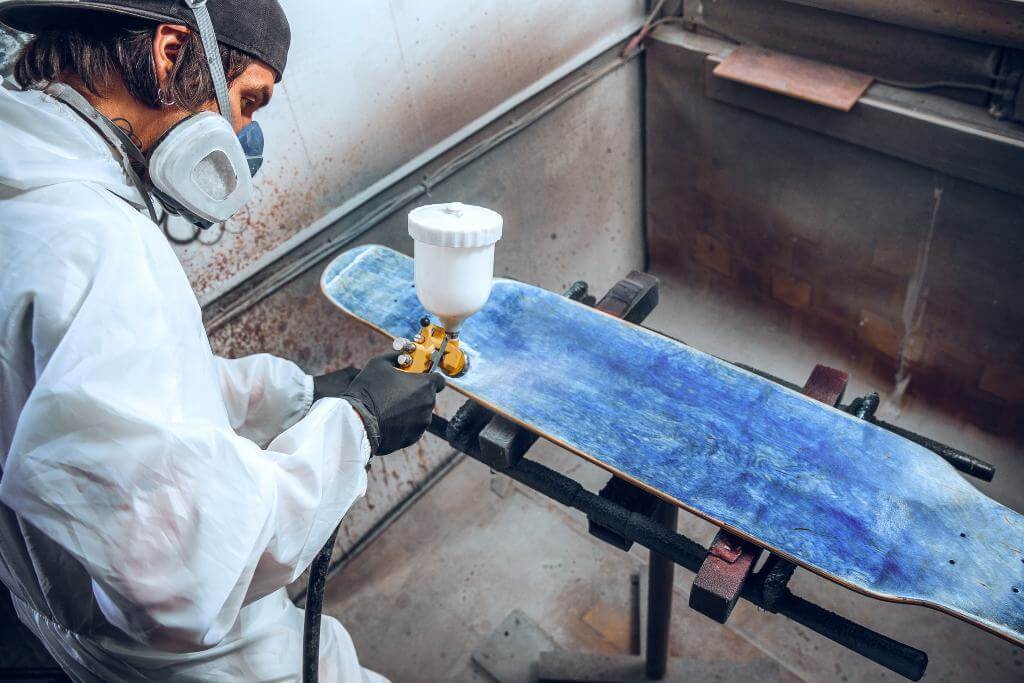
5.jpg)
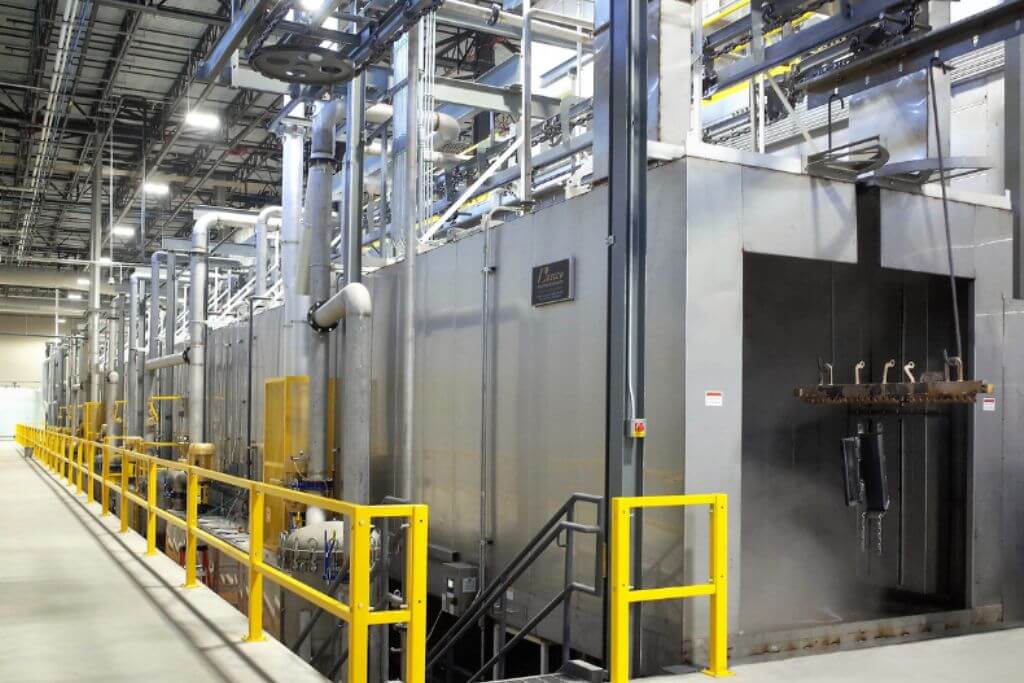
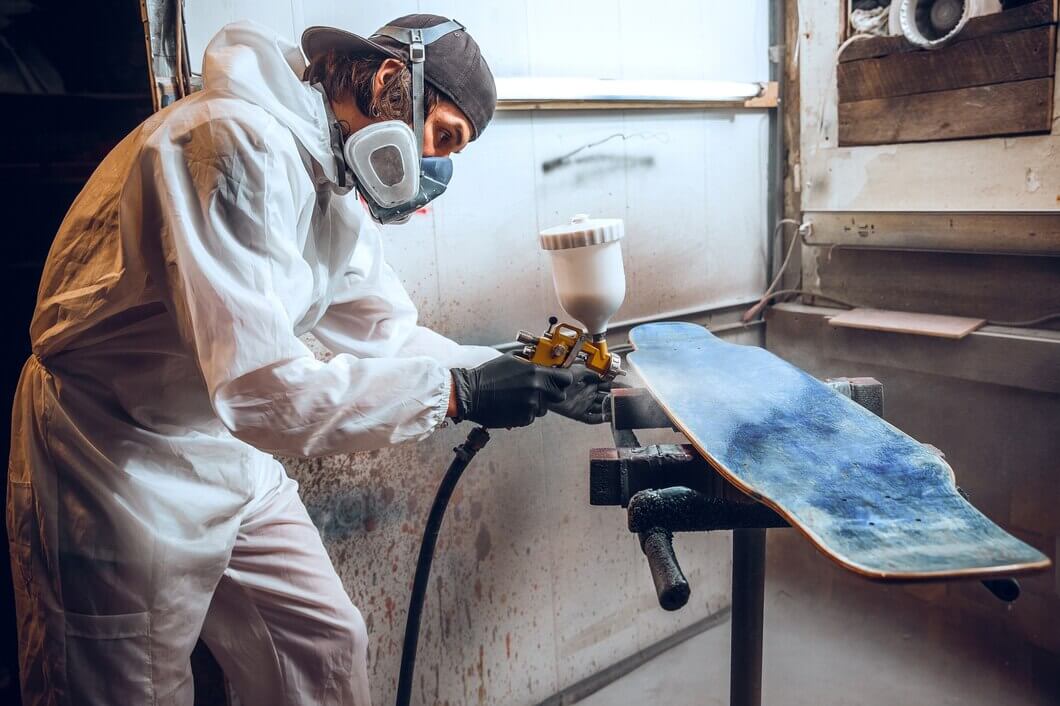
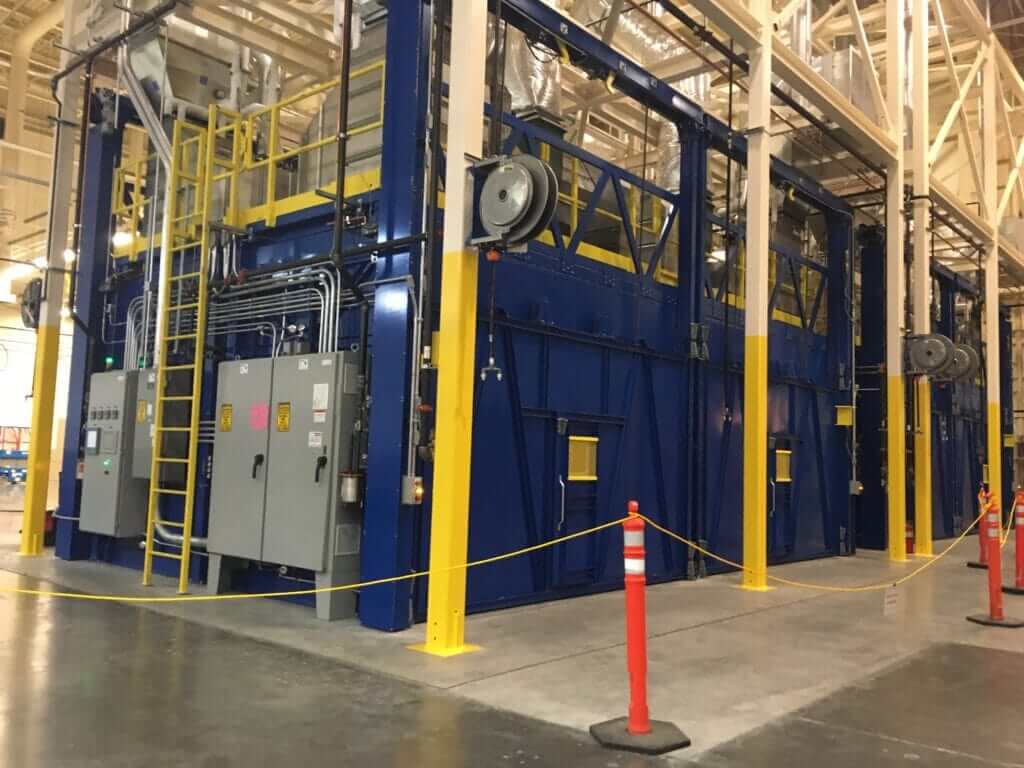
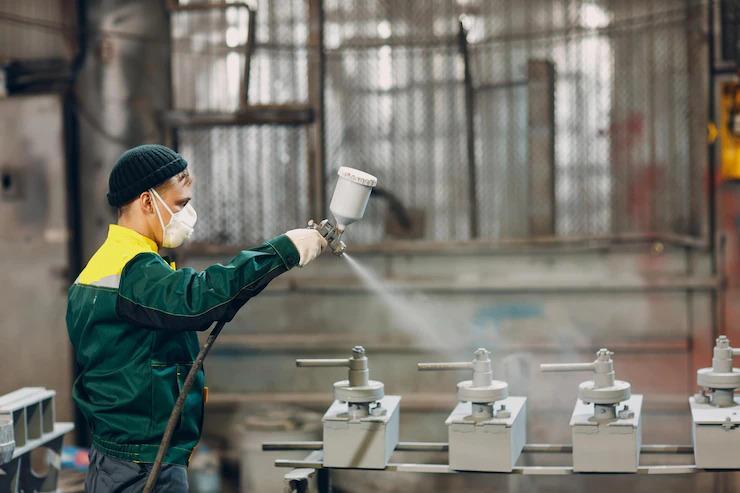
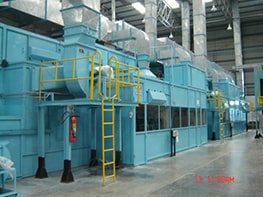
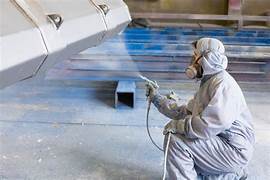
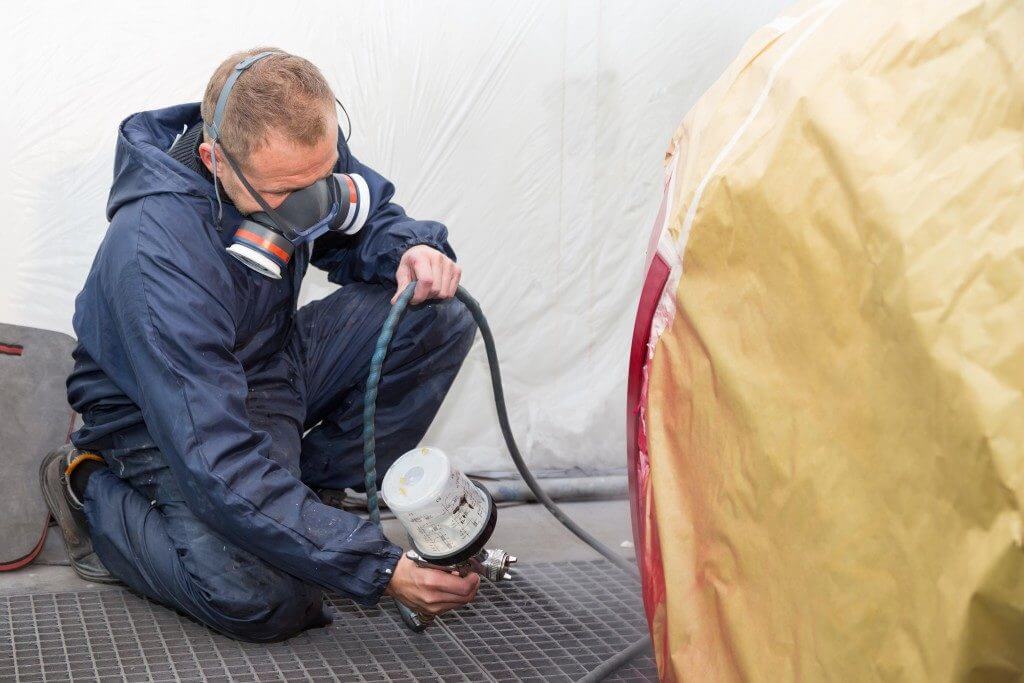
.jpg)
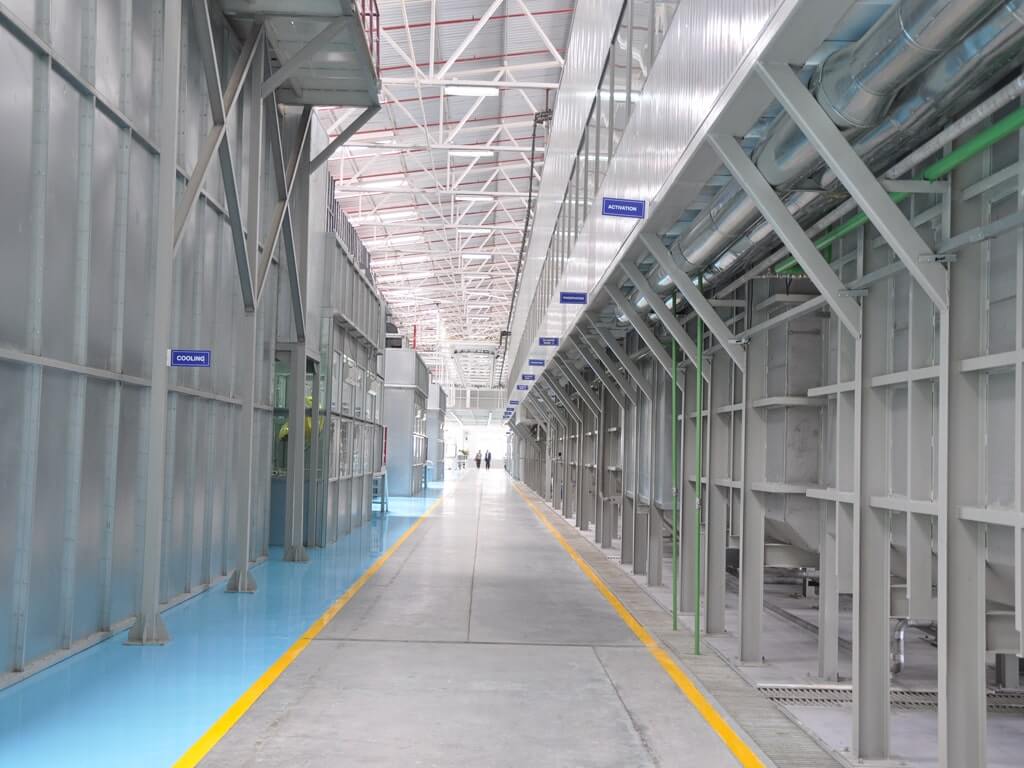
.jpeg)
